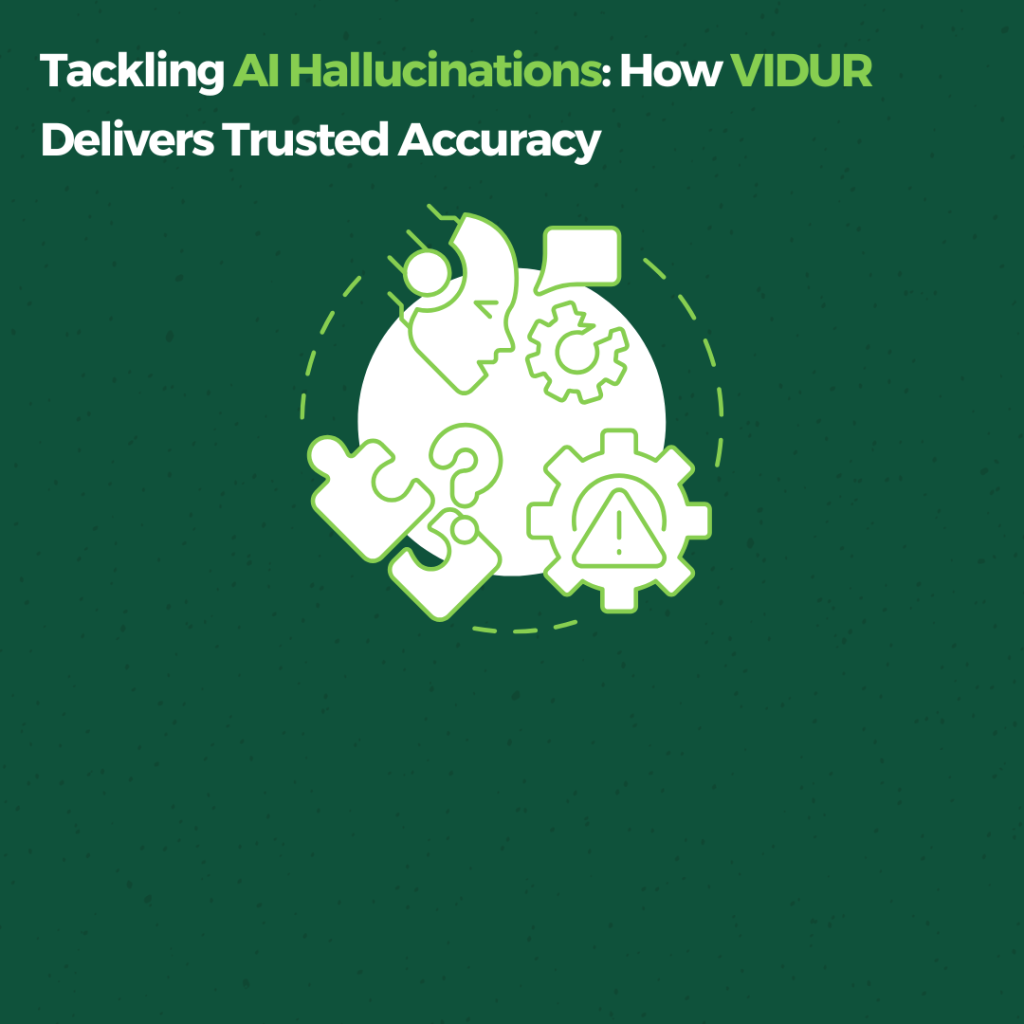In 2025, AI tools for lawyers in India are no longer futuristic… they’re essential. From legal research to contract drafting and compliance, AI-driven legal technology is helping law firms, advocates, and consultants deliver faster, more accurate results.
Whether you’re managing complex tax matters, navigating SEBI regulations, or reviewing contracts, this list of the top 10 legal AI platforms in India will help you find the right tool for your practice.

1.VIDUR AI – The Most Complete Legal AI Platform for Indian Practice
Best for: Lawyers, CAs & compliance professionals looking for speed, reliability, and full-stack capabilities.
What makes it stand out:
Unlike most tools that only handle case law or contract review, VIDUR acts like a domain-trained AI Agent for Indian legal work—backed by expert-verified content and real-world usage.
Pros:
- Expert-verified answers across Tax, Corporate, SEBI, IBC, and more—reviewed by 250+ professionals.
- Instant drafting for notices, submissions, and contracts, with proper citations.
- 10,000+ AI templates & prompt library to reduce repetitive work.
- Works across WhatsApp, mobile app, and web—ideal for professionals on the move.
- Enterprise-grade security, DPDP compliant, and hosted in India.
- Fast learning curve with no need for prompt engineering.
Cons:
- Currently optimized for Indian law—limited utility for cross-border or international research.
Where it shines:
Perfect for legal & finance teams who need an always-on research analyst and drafter—minus the overhead.
2. CaseMine (AMICUS AI) – Best for Case Law Relationship Mapping
Best for: Litigators and academics needing deep case-to-case linkage analysis.
Pros:
- Visual citation graphs with “how cited” treatment.
- Smart search to uncover obscure precedents.
Cons:
- No drafting, compliance, or tax/regulatory support.
- Steep learning curve if used outside litigation.
Best used as a secondary tool alongside Vidur for litigation-heavy cases.
3. Manupatra AI – Veteran Database with Predictive Features
Best for: Law firms and chambers already familiar with the Manupatra ecosystem.
Pros:
- Trusted case law and bare act repository.
- Predictive analytics and contract risk analysis.
Cons:
- Dated interface and clunky navigation.
- High pricing for individual users.
Good for legal researchers, but you’ll still need a separate tool for drafting and compliance.
4. SCC Online AI – Legacy Research with AI Support
Best for: Advocates citing judgments in high courts or Supreme Court.
Pros:
- Highly reliable citation engine.
- AI-powered recommendations for related cases.
Cons:
- Limited drafting capabilities.
- Premium pricing restricts access for small firms.
Useful if judgment search is your core need—but not a workflow enabler.
5. BharatLaw AI – Affordable Draft Automation
Best for: Small firms or solo practitioners doing routine drafting.
Pros:
- Pre-built templates for contracts and petitions.
- Automated memo generation and case status tracking.
- Budget-friendly pricing.
Cons:
- No legal research capability.
- No real-time updates or citation intelligence.
Works for templated work but lacks the depth needed for nuanced legal practice.
6. Lawfyi.io – AI for Document Review
Best for: Contract teams and legal operations in corporate environments.
Pros:
- Fast contract analysis with clause identification.
- Clean UX and native integrations.
Cons:
- Doesn’t cover regulatory updates or compliance alerts.
- Limited utility beyond document review.
Strong at redlining; weak at regulatory or tax work.
7. NyayGuru – Legal AI Chatbot for Citizens
Best for: NGOs, civic helplines, and pro bono legal guidance.
Pros:
- Multilingual interface.
- Answers common legal queries in plain language.
Cons:
- Not built for legal professionals.
- No support for documentation or advanced queries.
Great public utility; not suited for commercial legal work.
8. LegitQuest (iSearch + iDraf) – Research & Draft Combo
Best for: Teams who want AI-powered case law lookup + basic drafting.
Pros:
- iSearch helps locate precise legal passages.
- iDraf creates first drafts with embedded citations.
Cons:
- Drafts need manual refinement.
- Templates are limited in scope.
A smart assistant—but not a full-scale workflow tool.
9. DigiLawyer – Litigation Intelligence Platform
Best for: Mid-sized firms doing litigation risk analysis or compliance monitoring.
Pros:
- AI-based litigation prediction.
- Alerts for contract compliance gaps.
Cons:
- Lacks integrations with other research tools.
- Research capabilities are light.
Useful for risk dashboards, but not for heavy drafting or research tasks.
10. Kira Systems (India Pack) – M&A Due Diligence Engine
Best for: Large law firms doing high-volume contract reviews.
Pros:
- High-accuracy clause extraction.
- Ideal for corporate due diligence.
Cons:
- Enterprise pricing.
- Narrow use case (M&A/legal ops).
A global leader in contract analysis, but overkill for daily legal practice.
Final Thoughts: Choose Smart, Bill Faster
For Indian legal professionals, 2025 is about speed, precision, and staying ahead of legal changes. Whether you’re running a solo practice or a 100-member law firm, embracing the right AI tools will free up time for high-value advisory work.
If you’re just starting out, VIDUR AI is the most holistic platform to begin your AI journey — especially for Indian tax, corporate, and compliance work.

